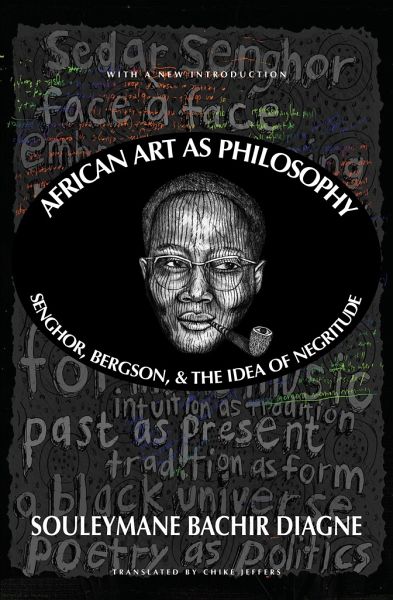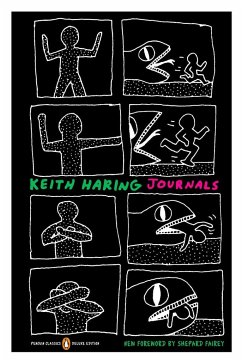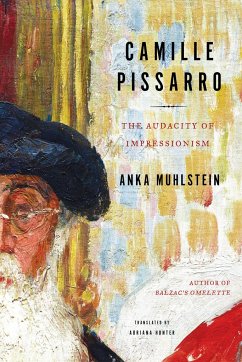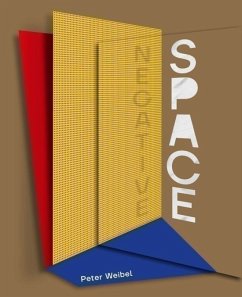
African Art as Philosophy
Senghor, Bergson, and the Idea of Negritude
Übersetzer: Jeffers, Chike

PAYBACK Punkte
12 °P sammeln!
"A distinct, incisive look at an important figure in African literature and politics that will be welcomed by scholars in African studies and philosophy. Lâeopold Sâedar Senghor (1906-2001) was a Senegalese poet and philosopher who in 1960 also became the first president of the Republic of Senegal. In African Art as Philosophy, Souleymane Bachir Diagne takes a unique approach to reading Senghor's influential works, taking as the starting point for his analysis Henri Bergson's idea that in order to understand philosophers one must find the initial intuition from which every aspect of their wo...
"A distinct, incisive look at an important figure in African literature and politics that will be welcomed by scholars in African studies and philosophy. Lâeopold Sâedar Senghor (1906-2001) was a Senegalese poet and philosopher who in 1960 also became the first president of the Republic of Senegal. In African Art as Philosophy, Souleymane Bachir Diagne takes a unique approach to reading Senghor's influential works, taking as the starting point for his analysis Henri Bergson's idea that in order to understand philosophers one must find the initial intuition from which every aspect of their work develops. In the case of Senghor, Diagne argues that his primordial intuition is that African art is a philosophy. To further this point, Diagne looks at what Senghor called the "1889 Revolution," and the influential writers and publications of that time-specifically, Nietzsche and Rimbaud, as well as Bergson's Essay on the Immediate Data of Consciousness. The 1889 Revolution, Senghor claims, is what led him to the understanding of the "Vitalism" at the core of African religions and beliefs that found expression in the arts"--













